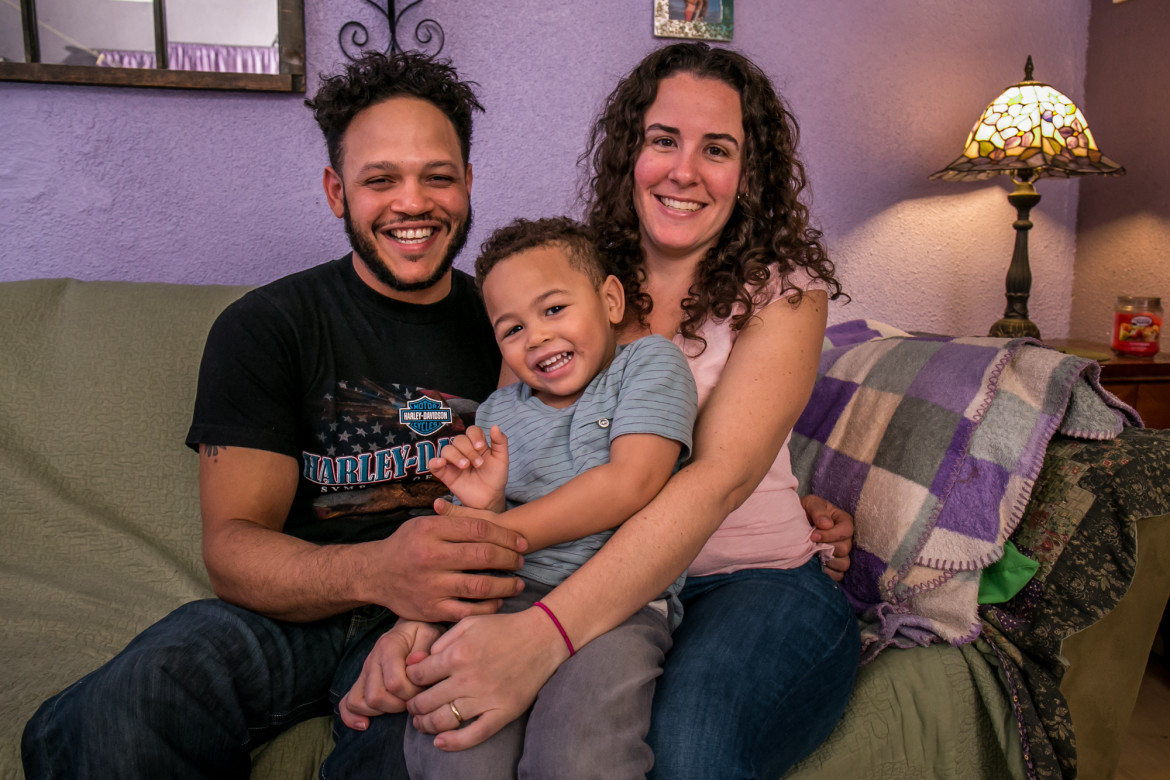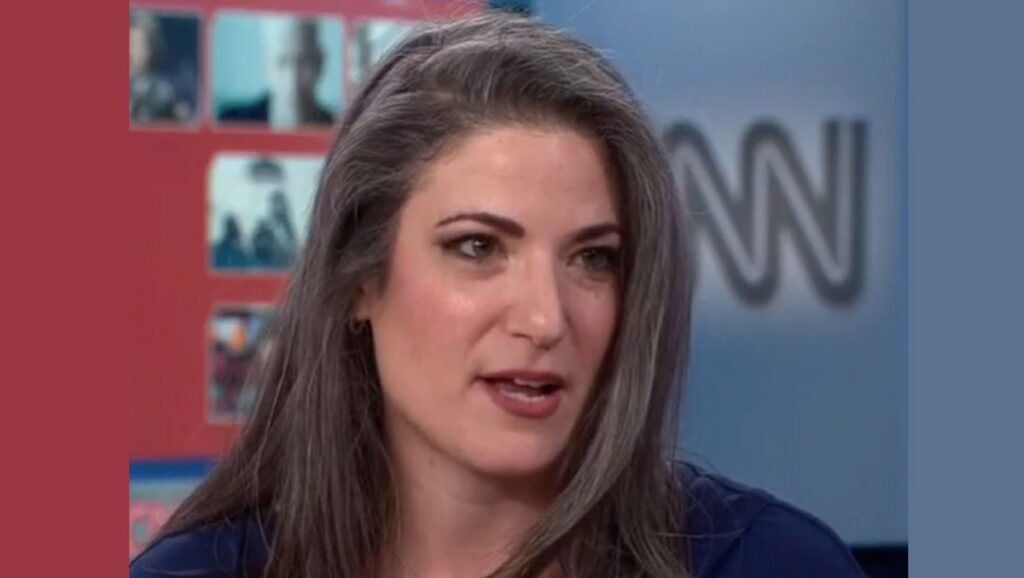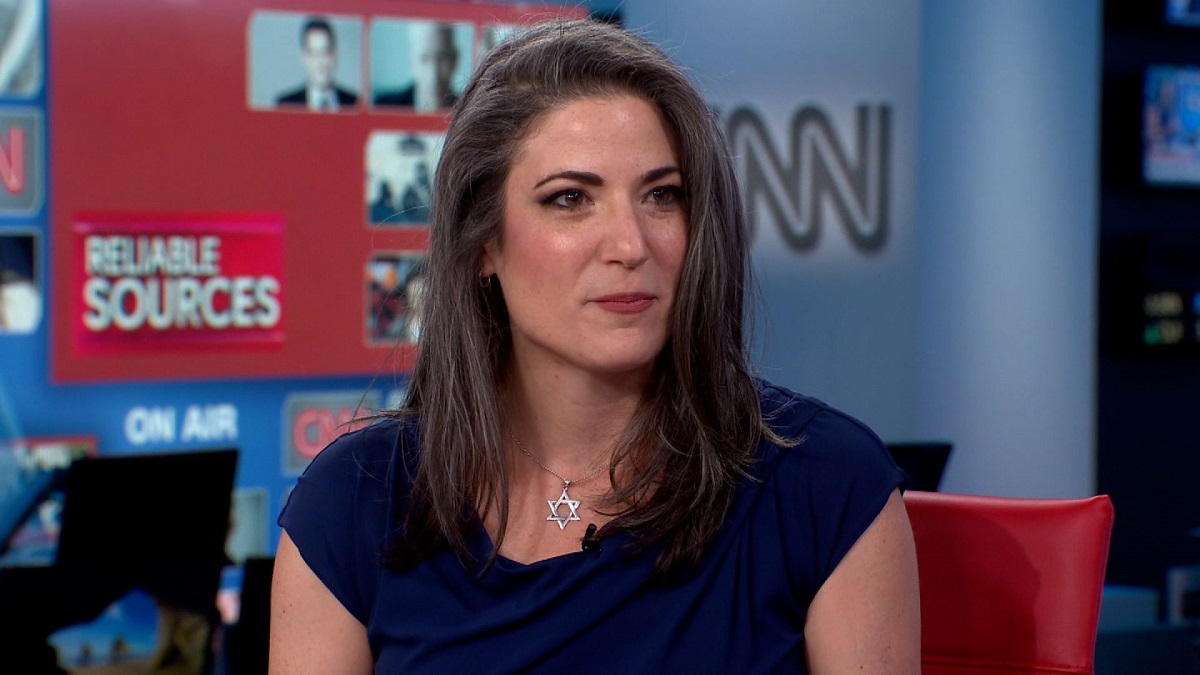Batya Ungar-Sargon: How Woke Media Undermines Democracy & More
Is the media landscape truly a reflection of the people it serves, or has it become a tool for a select few, eroding the very foundations of democracy? The pervasive influence of "woke" ideology within media institutions, coupled with the perceived betrayal of America's working class, is creating a chasm of distrust and division.
In the realm of public discourse, certain voices consistently rise above the noise, sparking debate and challenging established norms. Batya Ungar-Sargon is undeniably one such figure. Known for her sharp wit, unflinching commentary, and fearless reporting, she has carved a significant niche in the media landscape. Her analysis of the complexities of modern society is frequently sought after. While her professional life garners significant attention, the details of her personal life, particularly her relationship with her husband, often remain in the shadows. However, her insights into the current social and political climate are always in demand.
| Category | Details |
|---|---|
| Full Name | Batya Ungar-Sargon |
| Marital Status | Married |
| Husband | Ioan Gruffudd (Reported) |
| Children | Two (Son and Daughter) |
| Net Worth | Estimated $3 million |
| Current Position | Deputy Opinion Editor, Newsweek |
| Previous Positions | Opinion Editor, The Forward |
| Publications | The New York Times, The Washington Post, Foreign Policy, Newsweek, The New York Review of Books Daily, and others. |
| Books | Author of several books, including "Second Class: How the Elites Betrayed America's Working Men and Women" and "The Devil's Highway" |
| Social Media | Follow her on X @bungarsargon |
| Residence | Brooklyn, New York |
Her trajectory through the world of journalism has been marked by a consistent focus on the intersection of culture, politics, and economics. Before her current role as the deputy opinion editor of Newsweek, Ungar-Sargon held the position of opinion editor at The Forward, a significant Jewish media outlet in the United States. Her bylines have appeared in a diverse range of publications, including The New York Times, The Washington Post, Foreign Policy, and The New York Review of Books Daily. Through her writing, she has consistently offered sharp critiques of contemporary social and political issues. She has engaged with subjects ranging from the impact of "woke" media to the economic anxieties of the working class, generating considerable discussion among her readership.
Ungar-Sargon's work frequently examines the ways in which cultural shifts intersect with economic realities. Her book "Second Class: How the Elites Betrayed America's Working Men and Women" is a testament to this interest, exploring the perceived disconnect between the elite class and the struggles of the working population. This theme is central to much of her commentary, which often highlights the perceived failures of existing systems to address the concerns of ordinary citizens. She contends that certain segments of society have been left behind, fueling resentment and contributing to the rise of populism and anti-establishment sentiment.
The personal life of Batya Ungar-Sargon, while not always in the public eye, undoubtedly influences her perspective. The relationship with her husband, Ioan Gruffudd, is a significant aspect of her life, although the details of their partnership remain private. Like many public figures, she navigates the complexities of balancing her professional ambitions with her personal commitments. She is also known to be a devoted mother to her two children, a son, and a daughter. The family resides in Brooklyn, New York. While maintaining a career that demands public attention, she appears to strive to maintain a degree of privacy regarding her family life.
Her influence extends beyond her written work. She has been a frequent guest on various media platforms, where her ability to articulate complex ideas in a clear and accessible manner has made her a sought-after commentator. She engaged in a viral exchange with Bill Maher, who challenged her on some of her points and she had a clear debate and discussion with him. Her willingness to confront difficult topics and engage in robust debate underscores her commitment to fostering open dialogue. Her recent appearances and writings have kept her at the forefront of the conversation on critical issues. Her willingness to tackle challenging issues in the current socio-political landscape has made her a leading voice.
The core of her work revolves around the concept of societal divisions, particularly those she believes are exacerbated by media narratives and political ideologies. In her analysis of "woke" media, she argues that certain trends are undermining democracy by promoting censorship and intolerance. The book "Second Class" examines the economic inequalities that, in her view, have led to a betrayal of the working class by the elite. It challenges the prevailing narratives surrounding the challenges of the working class. This stance reflects a commitment to the exploration of how these ideas manifest in the broader culture.
The impact of Ungar-Sargon's work can be seen in the increased awareness of the challenges facing the working class. It also contributes to the ongoing debate about the role of media in shaping public opinion. It is not only her writing that is a source of influence, but also her capacity to convey intricate ideas with precision and clarity. It's clear she is a significant contributor to the debates and discussions that are relevant to society.
The focus on family is evident in her public persona. While she keeps her family life separate from her professional endeavors, the values of mutual support, respect, and dedication to family remain central. Both she and her husband, according to those who have observed their interactions, have each other's unwavering support. This demonstrates the importance of family to her and a well-rounded existence.
Ungar-Sargon's career highlights the crucial role of opinion editors in shaping public discourse. She has proven her ability to provoke thought, promote conversations, and offer distinct perspectives. While the details of her marriage remain private, her contributions to journalism and public thought remain well known. Her work prompts a critical assessment of media influence and the economic disparities within our society. She offers a unique voice in the current social landscape.
It is also important to acknowledge the broader context in which Ungar-Sargon operates. The media landscape is in a constant state of flux, with shifting audience preferences, evolving business models, and the proliferation of online platforms. Moreover, the political and social climate is highly polarized, with intense debates about the role of government, the nature of identity, and the future of democracy. In this environment, she has chosen to engage in the debates, producing insightful commentary and providing significant contributions. This commitment, coupled with her ability to remain in the public eye, makes her a notable figure in the media of the current day.
The wedding, a beautiful blend of tradition and modernity, has been described as an elegant event. It is a testament to the celebration of family and the connections that build society. The details of the gathering have remained out of the public eye, but her family and friends are known to have offered their support for this event. This serves as evidence of the importance of family and the stability they provide in the life of the public figure.
Considering the current climate, she is part of a discussion about the challenges facing the United States. The nation is faced with important decisions that will affect future generations. The debates over culture, politics, and economics are complex. Voices, such as that of Ungar-Sargon, are necessary for these crucial conversations, fostering a deeper understanding of the issues at hand.
Her impact on the media is also evident in the discussions about the role of the press. Her works challenge the traditional norms, fostering a critical examination of media bias. By scrutinizing the prevailing narratives and offering alternative perspectives, she encourages a more open and informed dialogue. This has had a meaningful impact on the media as a whole.
The influence of her work goes beyond the issues of media and the working class. She also provides useful commentary on the challenges faced by American society, including the issues of religious segregation. Ungar-Sargon has addressed this topic in her work, with her analysis reflecting the ongoing struggle for equality. This commitment to confronting such issues underscores her dedication to a more fair and just society.
In conclusion, Batya Ungar-Sargon has carved a niche for herself within the media. Her sharp insights and fearless commentary have made her a significant voice in contemporary discourse. Her personal life, including her marriage, may remain somewhat private, but her professional contributions continue to shape the landscape and influence our understanding of the world.



Detail Author:
- Name : Dr. Kendrick Bashirian
- Email : verda28@koch.biz
- Birthdate : 2001-04-07
- Address : 86514 Witting Pines Vandervortport, NY 02537-0854
- Phone : +1.913.422.4317
- Company : Reinger-Kessler
- Job : Data Entry Operator
- Bio : Dolorum in quia incidunt deserunt. Et fugit nihil minus est. Sed ipsam ut perferendis nam quia libero libero. Ab quibusdam officia quia et quis sit omnis.